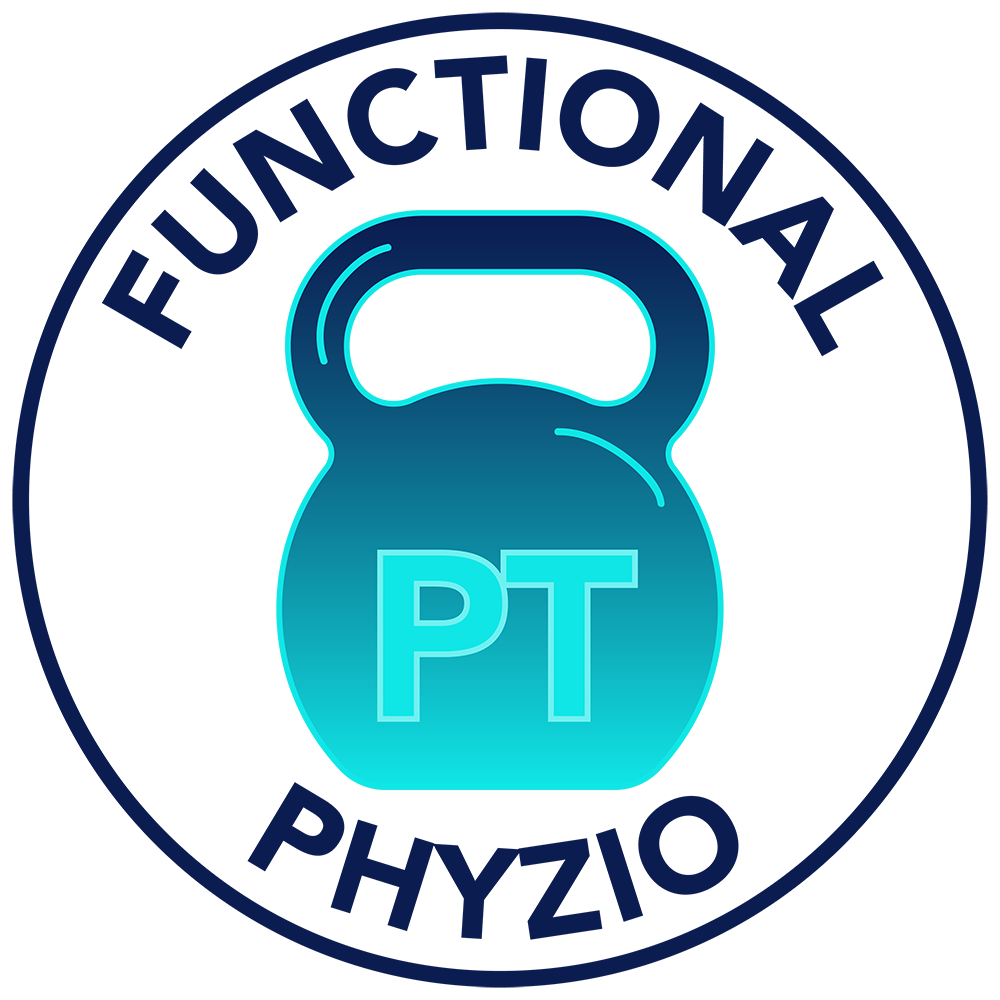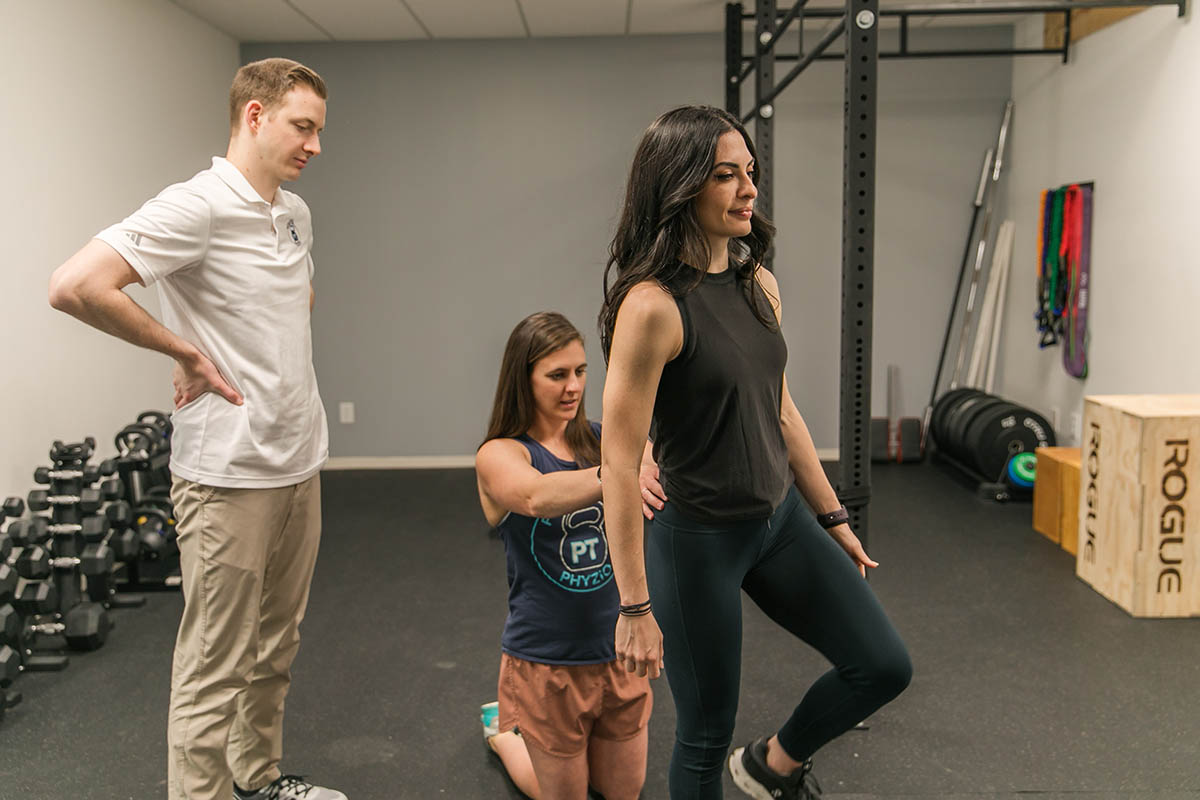Chronic pain is a complex and often debilitating condition that affects millions of people worldwide. It can arise from various causes, including injury, surgery, disease, or conditions like arthritis and fibromyalgia. In Durham, North Carolina, where healthcare options are diverse, physical therapy has emerged as a vital tool for managing chronic pain effectively. This blog post explores the role of physical therapy in chronic pain management, the techniques involved, and how you can benefit from these services right here in Durham.
Understanding Chronic Pain
Chronic pain is defined as pain that lasts for more than three months and persists even after the initial injury or underlying condition has healed. This type of pain can be sharp, aching, or throbbing and may affect different areas of the body, including the back, neck, joints, and muscles. Chronic pain can significantly impact a person’s quality of life, making it challenging to engage in daily activities, work, and social interactions.
Causes of Chronic Pain
The causes of chronic pain are varied and can include:
Injuries: Past injuries that heal improperly can lead to ongoing pain.
Surgical Procedures: Some individuals experience chronic pain after surgery, known as post-surgical pain syndrome.
Medical Conditions: Conditions like arthritis, multiple sclerosis, and fibromyalgia can contribute to chronic pain.
Nerve Damage: Neuropathic pain results from nerve damage, often causing persistent discomfort.
Psychological Factors: Stress, anxiety, and depression can amplify the perception of pain, creating a cycle that is hard to break.
Understanding the underlying cause of chronic pain is crucial for effective treatment. While medications are often the first line of defense, they may not be sufficient for long-term management. This is where physical therapy can play a transformative role.
The Role of Physical Therapy in Managing Chronic Pain

Physical therapy is a holistic approach that focuses on improving mobility, reducing pain, and enhancing overall function. In Durham, North Carolina, physical therapists are trained to work with individuals experiencing chronic pain, providing tailored treatment plans that address each patient’s unique needs.
1. Comprehensive Assessment
The journey to managing chronic pain with physical therapy begins with a thorough assessment. A physical therapist will evaluate your medical history, perform a physical examination, and identify specific areas of pain and dysfunction. This comprehensive assessment helps to determine the most effective treatment strategies and establish realistic goals for your recovery.
2. Pain Relief Techniques
Physical therapists employ a variety of techniques to help manage pain, including:
Manual Therapy: This hands-on technique involves manipulating soft tissues and joints to alleviate pain and improve mobility. Manual therapy can be especially beneficial for conditions like arthritis and muscle tightness.
Modalities: Physical therapists may use modalities such as dry needling, cupping, soft issue mobilization or electrical stimulation to manage pain and reduce inflammation. These techniques can provide immediate relief and prepare the body for more active rehabilitation.
3. Exercise Prescription
One of the cornerstones of physical therapy for chronic pain management is exercise. A customized exercise program tailored to your specific needs can help:
Improve Strength: Strengthening the muscles surrounding painful joints can provide better support and reduce strain.
Enhance Flexibility: Stretching exercises can improve flexibility and range of motion, making daily activities easier and less painful.
Increase Endurance: Gradually increasing physical activity can enhance endurance, reducing fatigue and improving overall quality of life.
Promote Endorphin Release: Exercise triggers the release of endorphins, the body’s natural pain relievers, helping to alleviate discomfort.
4. Education and Self-Management
Education is a vital aspect of chronic pain management. Physical therapists in Durham focus on empowering patients with knowledge about their condition and treatment options. This education may include:
Understanding Pain Mechanisms: Learning about the biology of pain can help demystify the experience and reduce anxiety.
Pain Management Strategies: Therapists will teach patients various techniques for managing pain at home, such as proper body mechanics, ergonomic modifications, and relaxation techniques.
Setting Realistic Goals: Collaborating with your therapist to set achievable goals can foster a sense of accomplishment and motivation throughout the rehabilitation process.
5. Lifestyle Modifications
Chronic pain often requires a multi-faceted approach that includes lifestyle modifications. Physical therapists can provide guidance on:
Activity Modification: Understanding which activities may exacerbate pain and how to modify them can help prevent flare-ups.
Posture and Body Mechanics: Learning proper posture and body mechanics during daily activities can reduce strain on the body and alleviate pain.
Stress Management: Chronic pain is often intertwined with psychological factors. Techniques such as mindfulness, breathing exercises, and relaxation methods can help manage stress, which may, in turn, reduce the perception of pain.
Local Resources for Physical Therapy in Durham, NC

If you’re dealing with chronic pain and looking for effective management strategies, Durham, North Carolina, offers numerous resources for physical therapy. At Functional Phyzio, we specialize in performance-based physical therapy that takes a whole-body approach to evaluation and treatment. Our dedicated team understands the complexities of chronic pain and is committed to helping you regain your quality of life.
Our Approach to Chronic Pain Management
At Functional Phyzio, we offer personalized treatment plans that encompass the following:
Individualized Treatment: Every patient is unique, and our therapists create tailored programs to address specific pain issues and functional goals.
Holistic Care: We focus on the whole body, considering not just the site of pain but also other contributing factors that may be impacting your condition.
Ongoing Support: Chronic pain management is often a long-term process. Our therapists are here to provide continuous support and make adjustments to your treatment plan as needed.
Conclusion
Chronic pain can be a challenging and frustrating condition to manage, but physical therapy offers a powerful tool for relief and recovery. With its holistic approach, personalized treatment plans, and emphasis on education and self-management, physical therapy can help you reclaim your life from the grips of chronic pain.
If you’re ready to take the next step in managing your chronic pain, contact us today. Our experienced team in Durham, North Carolina, is here to support you on your journey toward a pain-free, active lifestyle. Remember, you don’t have to face chronic pain alone; help is available, and a brighter future awaits.




